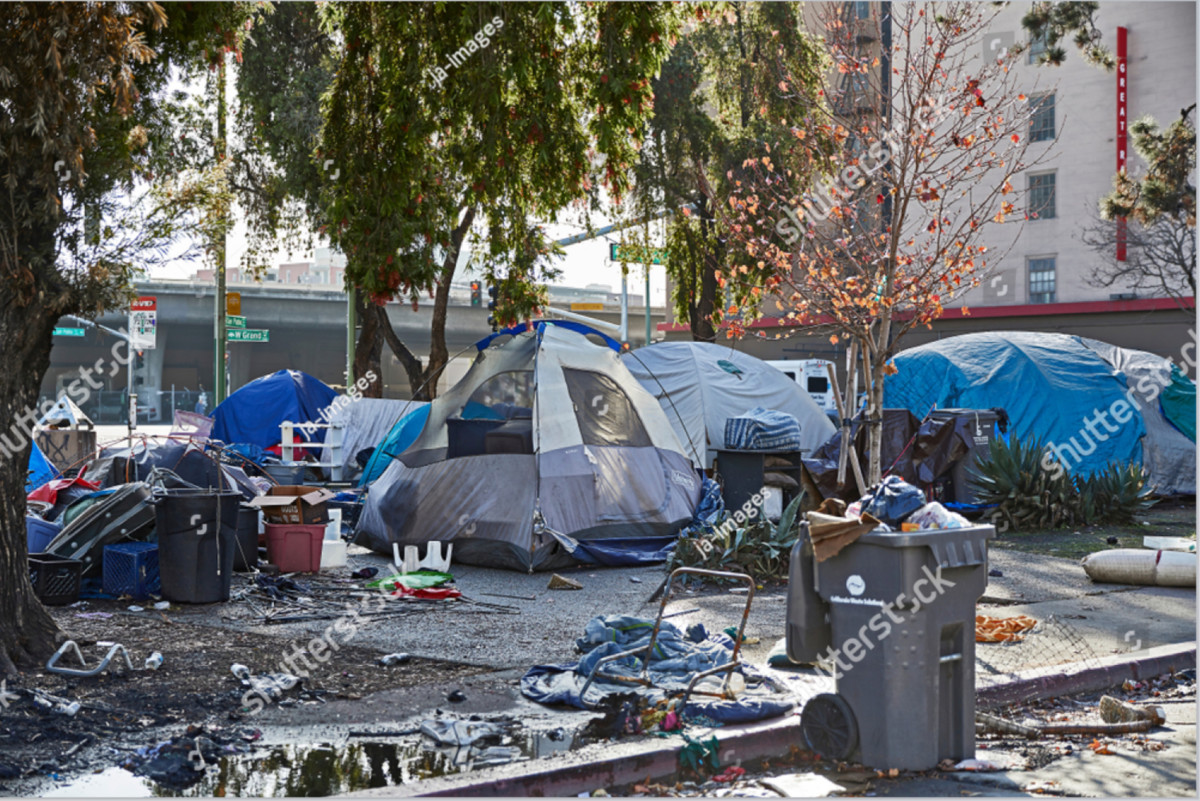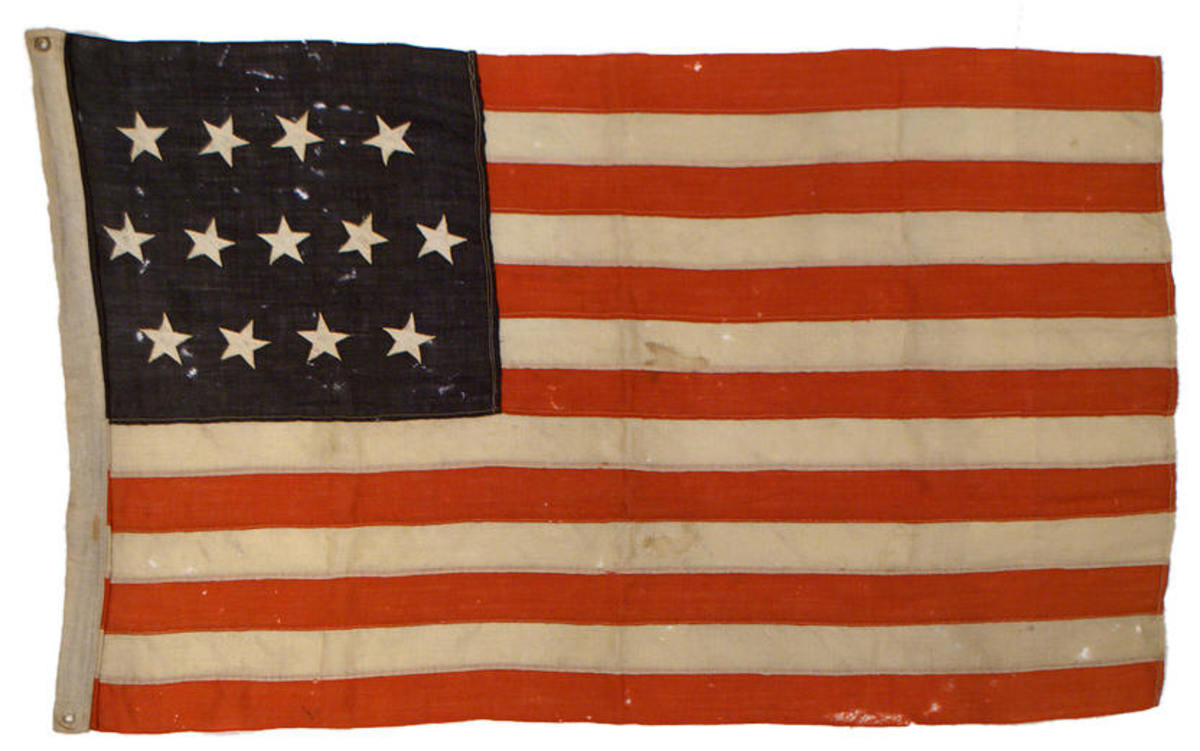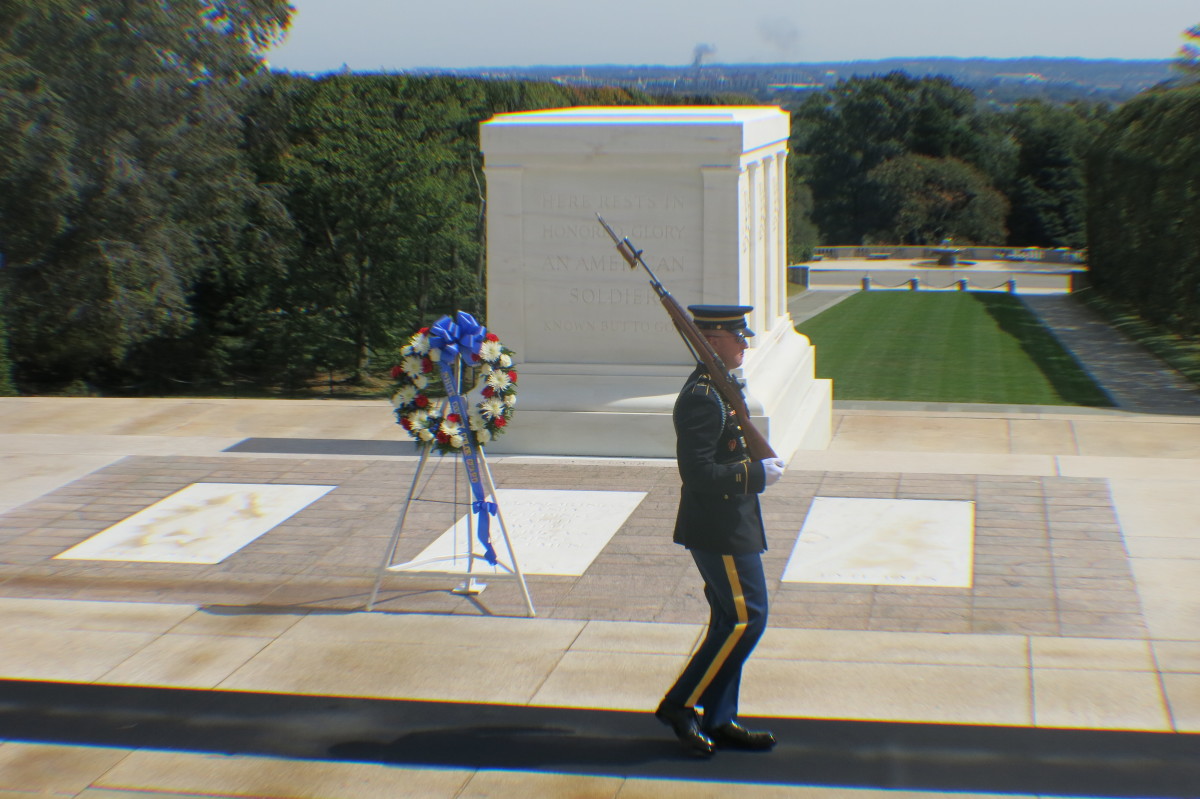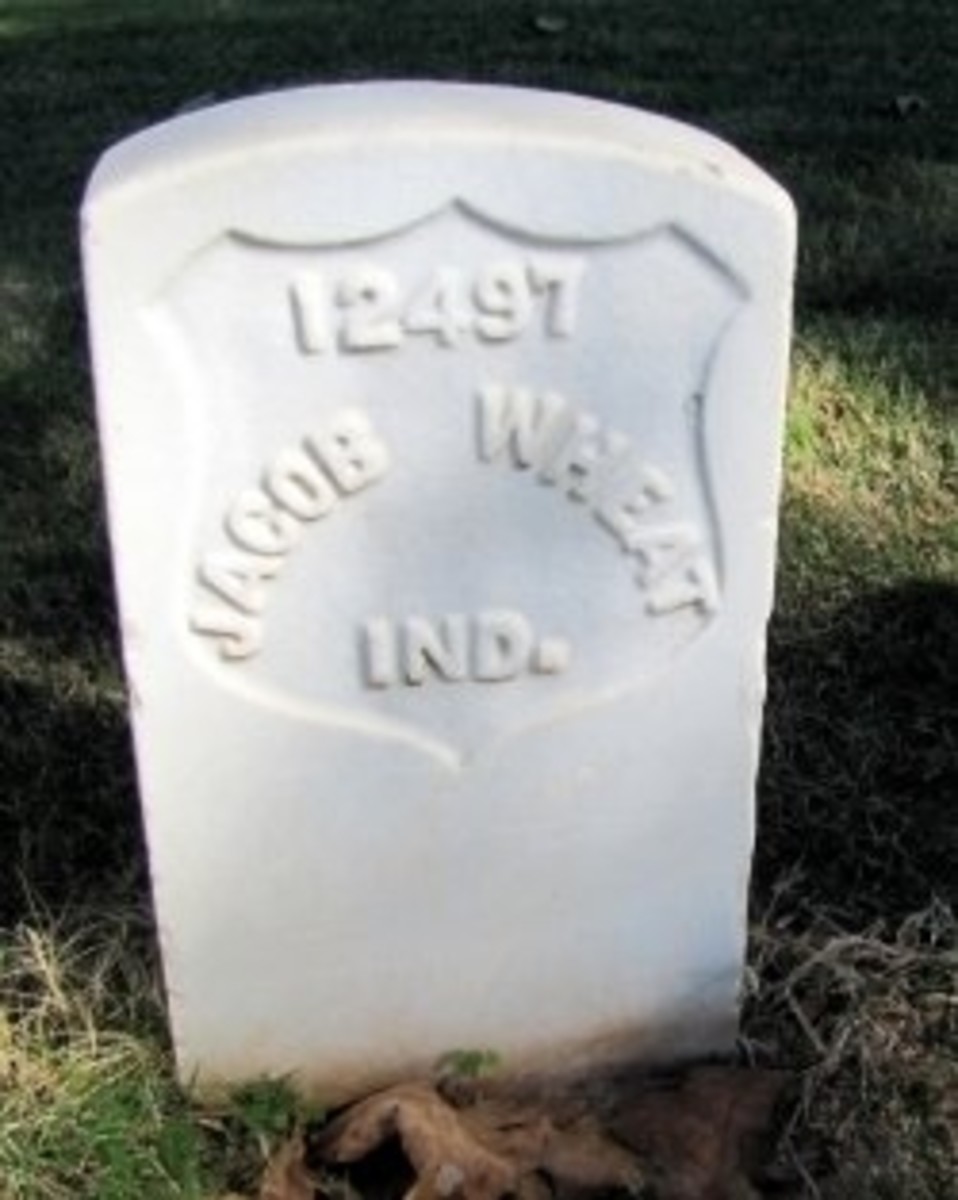Veterans Day 2009


Veterans Day 2009
It's veterans Day 2009. I was treated to lunch by my good friend and cycling companion, TJ. We had fish tacos at the Governors Club. Pretty dang fancy it was!
Veterans Day is an annual American holiday honoring military Veterans. A Federal Holiday, it is usually observed on November 11. However, if it occurs on a Sunday then the following Monday is designated for holiday leave, and if it occurs Saturday then either Saturday or Friday may be so designated. It is also celebrated as Armistice Day. Major hostilities of World War I were formally ended at the 11th hour of the 11th day of the 11th month of 1918 with the German signing of the Armistice.
The U.S. Department of Veterans Affairs (VA) says the nation's homeless veterans are mostly males (four percent are females). The vast majority are single, most come from poor, disadvantaged communities, 45 percent suffer from mental illness, and half have substance abuse problems. America’s homeless veterans have served in World War II, Korean War, Cold War, Vietnam War, Grenada, Panama, Lebanon, Operation Enduring Freedom (Afghanistan), Operation Iraqi Freedom, or the military’s anti-drug cultivation efforts in South America. 47 percent of homeless veterans served during the Vietnam Era. More than 67 percent served our country for at least three years and 33 percent were stationed in a war zone.
Some of the factors affecting all homelessness are: extreme shortage of affordable housing, livable income, and access to health care. A large number of displaced and at-risk veterans live with lingering effects of Post Traumatic Stress Disorder and substance abuse, compounded by a lack of family and social support networks.
Government money for homeless veterans is currently limited and serves only one in 10 of those in need. Until priorities are reset, it is critical that community groups reach out to help provide the support, resources and opportunities most Americans take for granted: housing, employment and health care.
23% of the homeless population are veterans.2.3 million to 3.5 million people experience homelessness in America each year. By taking 23 percent of that range, that would indicate there are between 529,000 and 840,000 veterans who are homeless at some point during the year.
76% of Veterans experience alcohol, drug, or mental health problems
33% of the male homeless population are veterans.
In January 2000, The Bureau of Justice Statistics released a special report "Veterans in Prison or Jail". Among the findings are:
Among adult males in 1998, there were 937 incarcerated veterans per 100,000 veteran residents.
5 of every 6 incarcerated veterans were honorably discharged from the military.
About 20% of veterans in prison reported seeing combat duty during their military service.
In 1998, an estimated 56,500 Vietnam War-era veterans and 18,500 Persian Gulf War veterans were held in State and Federal prisons.
Among State prisoners, the median age of veterans was 10 years older than other prison and jail inmates.
Among State prisoners, veterans (32%) were about 3 times more likely than non-veterans (11%) to have attended college.
About 35% of veterans in State prison, compared to 20% of non-veterans, were convicted of homicide or sexual assault.
Veterans (30%) were more likely than other State prisoners (23%) to be first-time offenders.
Among violent State prisoners, the average sentence of veterans was 50 months longer than the average of non-veterans.
Nearly 60% of veterans in State prison had driven drunk in the past, compared to 45% of other inmates.
About 70% of veterans, compared to 54% of other State prisoners, had been working full-time before arrest.
Homelessness is the end result of many problems that include health issues, economic hardships, and lack of affordable housing.
These issues impact all homeless individuals, but some of the additional challenges that veterans face when trying to overcome these obstacles are: prolonged separation from traditional supports such as family and close friends; highly stressful training and occupational demands that can affect their personality, self esteem and ability to communicate with people in the civilian sector after their separation from military service; and non-transferability of some military occupational specialties into the civilian work force.
The VA reports that nearly 30% of the veterans of Iraq and Afghanistan who have sought VA medical care since separating from the military have exhibited potential symptoms of mental and emotional stress. Close to one-half of those have a possible diagnosis of post-traumatic stress disorder (PTSD).
For young veterans, economic hardships usually involve employment issues and mounting debt. The cost of housing in most communities makes it unlikely that a single wage earner will be able to afford a comfortable and safe rental unit. The recent housing crisis and economic downturn conspire against younger veterans in terms of both housing cost burden and employment security. Though many military occupations prepare veterans for the workforce, many combat arms specialties do not, and this affects younger OIF-OEF veterans more than other age cohorts.
According to an analysis of 2000 Census data performed by Rep. Robert Andrews (D-NJ) in 2005, about 1.5 million veterans – nearly 6.3% of the nation's veteran population – have incomes that fall below the federal poverty level, including 634,000 with incomes below 50 percent of the poverty threshold. Many of these veterans have no health insurance or access to education or training programs to increase their earnings potential.
OIF/OEF veterans are entitled to return to their pre-deployment jobs and pay scale under USERRA protection after their discharge, but increasingly many jobs are disappearing because of layoffs and business failures. Veterans who cannot find other employment quickly are in imminent danger of becoming dependent on shared living arrangements or becoming homeless.
In the early morning hours of November 11, 1918, a shrill fire whistle began to blow, mingled with all the other bells and whistles in town. At first some thought there was a massive fire. Others guessed the real news and soon everyone was screaming with joy. A parade spontaneously formed. It included the town band, followed by the town fire truck, followed by hundreds of cars decorated with American flags. Children gathered in the town square and shot fireworks. An elderly Negro woman marched up and down Broad Street, the main thoroughfare, waving the American flag. For one day, at least, segregation took a backseat as other Negro citizens joined the march around the courthouse square and the celebration inside it, waving more flags and shooting fireworks with Caucasian citizens.
But if any Negroes thought that their loyalty and aid in winning the war would finally lead to true democracy and equality, they soon discovered they were wrong. Caucasians throughout Georgia, as elsewhere in the South, made it clear to returning Negro veterans that seeing them in uniform or hearing that they were determined to no longer suffer the injustices of Jim Crow was an offense to their sensibilities. Roughly sixty miles northeast of Bainbridge, GA, in the town of Sylvester, Daniel Mack, a Negro veteran, was sentenced to thirty days in jail for announcing that now that he had been to France and fought for democracy, he would no longer accept mistreatment from Caucasians. As severe as it was, even that punishment wasn’t enough in the eyes of some local citizens. Before he could finish his sentence a mob broke into the town jail, dragged him out, and beat him to death. Closer still to Bainbridge, in Blakely, forty-three miles to the north, as soon as Wilbur Little alighted from the train after returning from the war, he was forced by a group of local Caucasians to take off his uniform and walk home in his underwear. Despite such intimidation he was resolute in his determination to wear it around town anyway. As a result, he eventually paid with his life.
If you search the web for Veterans Day, you can find hundreds of web-pages about the day and web-pages directing you to all kinds of celebrations in honor of the veteran.
I would prefer little and honest celebration of the Veteran by giving the Veteran a real home.
You can honor this Veteran and many more in a better way than brief celebrations for a few hours or a day or a free meal offered at Applebees or hanging ribbons on your cars.
You can assure every American a real home, real health-care, and real dignity. These are the realities for which Veterans really fight. These are the treasures that every Veteran wants for his countrymen.
When courts lie about their Veterans, those in charge of those courts should be deported from the Veteran's country.
When people like Bill O'Reilly lie and downplay the number of Veterans in this country, Bill O'Reilly and his ilk should find another country.
I have seen with American injustice in the courts and experienced what American lies can do. Veterans Day, as it is celebrated, will not ease the pain.
Holy Truth Veterans Housing Program
Vietnam 1968-1969 Or Was It Yesterday
- Vietnam 1968-1969 Or Was It Yesterday?
Some of this was written years ago. Some of it was written more than eight years ago, actually. So much has changed, like my address. I no longer own a bike shop or an inn or a home. My address has...
Dear God Its Mickey
- Dear God Its Micky
MD: God, this is MD. God: I know you. MD: God? Can I call you God? I know theres been this thing about your name. God: You can call me anything but late for dinner. MD: Quite a sense of humor...
The Soldiers Fate
- The Soldier's Fate
The famous leaders will pontificate. The powers that be will orchestrate. There are those who will only delegate. Orders are given by the Heads of State. Bloodshed is what they ultimately...
A Sincere Poem Of Apathy
- A Sincere Poem Of Apathy
I have felt your apathy and no longer care! I joined a world wide group today, it really fills a niche. It bothers us not if you happen to be very poor or rich. Its sweeping across the world from...
Clothes Make The Man
- Clothes Make The Man
"Costly thy habit as thy purse can buy, But not expressd in fancy; rich not gaudy For the apparel oft proclaims the man" Polonius to Laertes HAMLET, Act I, Scene III I looked at myself in the...
US Department of Veterans
- U.S. Department of Veterans Affairs
The US Department of Veterans Affairs provides patient care and federal benefits to veterans and their dependents. The home page for the Department of Veterans Affairs provides links to veterans benefits and services, as well as information and resou
Military.com Community
Veterans of Foreign Wars
- Veterans of Foreign Wars (VFW)
Veterans of Foreign Wars of the US, vfw nonprofit service org, usa military veterans benefits, VFW programs, community service, patriotic and world events, american flag sales, clubs posts service to usa military veterans and communities, youth progr








